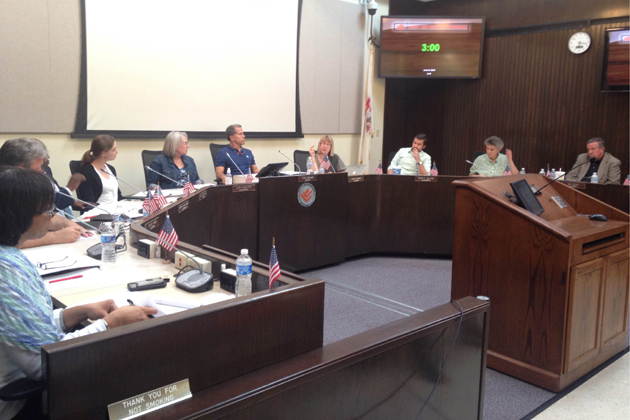
By Bob Bradley
More elections are held in the United States more often for more positions than any other nation in the world. The nation is also number one in the world for the amount of money spent on election campaigns. To compete in the 2016 presidential race it is estimated that the Democratic and Republican nominees will each have to spend more than $1 billion. On average candidates for a U.S. House seat in 2014 spent just over $1 million. On average candidates for a U.S. Senate seat in 2014 spent around $10 million. And candidates in the United States spend much more time running for office than any other nation in the world.
Illinois is the epicenter for the number of elections held in this nation. Illinois has more units of local government than any other state in the nation. Illinois currently has over 6,900 units of local government. Illinois has 1,400 townships, the most of any state. And the state has over 3,200 special district local government units. This includes districts on mosquito abatement, cemeteries, libraries, airport and transit authorities, forest preserves, hospitals, and tax-increment financing.Illinois voters have an average of six units of local government impacting their lives.
The elections for local government units tend to be scheduled on dates when federal and state positions are not on the ballot. This typically results in very low turnout for local elections. Yet election authorities are obligated to maintain polling places with a set number of election judges for races where 10% turnout is the rule rather than the exception.
So an obvious partial remedy for the state’s budgetary woes is to reduce the number of local government units many of which have overlapping duties or are outmoded, and result in high-cost elections given their very low turnouts. In 2011, Illinois created the Local Government Consolidation Commission to produce cost savings and greater governmental transparency by pursuing consolidation and elimination of local government units. Since the Commission’s creation the amount of local government has actually grown.
Now almost five years later the Commission needs to be re-energized and possibly re-constituted. The state needs to take very seriously the task of reducing local government units. The time seems to be ripe for such a task given the public’s distrust and dislike for government and the severity of the state’s financial situation.
Bob Bradley is a professor emeritus from Illinois State University where he primarily taught law-related courses in the political science department for 30 years. He did a weekly-segment for WJBC on politics and law for more than a decade. He also co-hosted a live- radio show from the Democratic and Republican national conventions in 2008, and reported live from the 2012 Republican convention. Currently, he serves on several community boards, does volunteer work, enjoys golf and fishing, and likes landscaping and bird-watching. He is married to the love of his life, Reenie, and has one daughter, Erin.
The opinions expressed within WJBC’s Forum are solely those of the Forum’s author, and are not necessarily those of WJBC or Cumulus Media, Inc.






